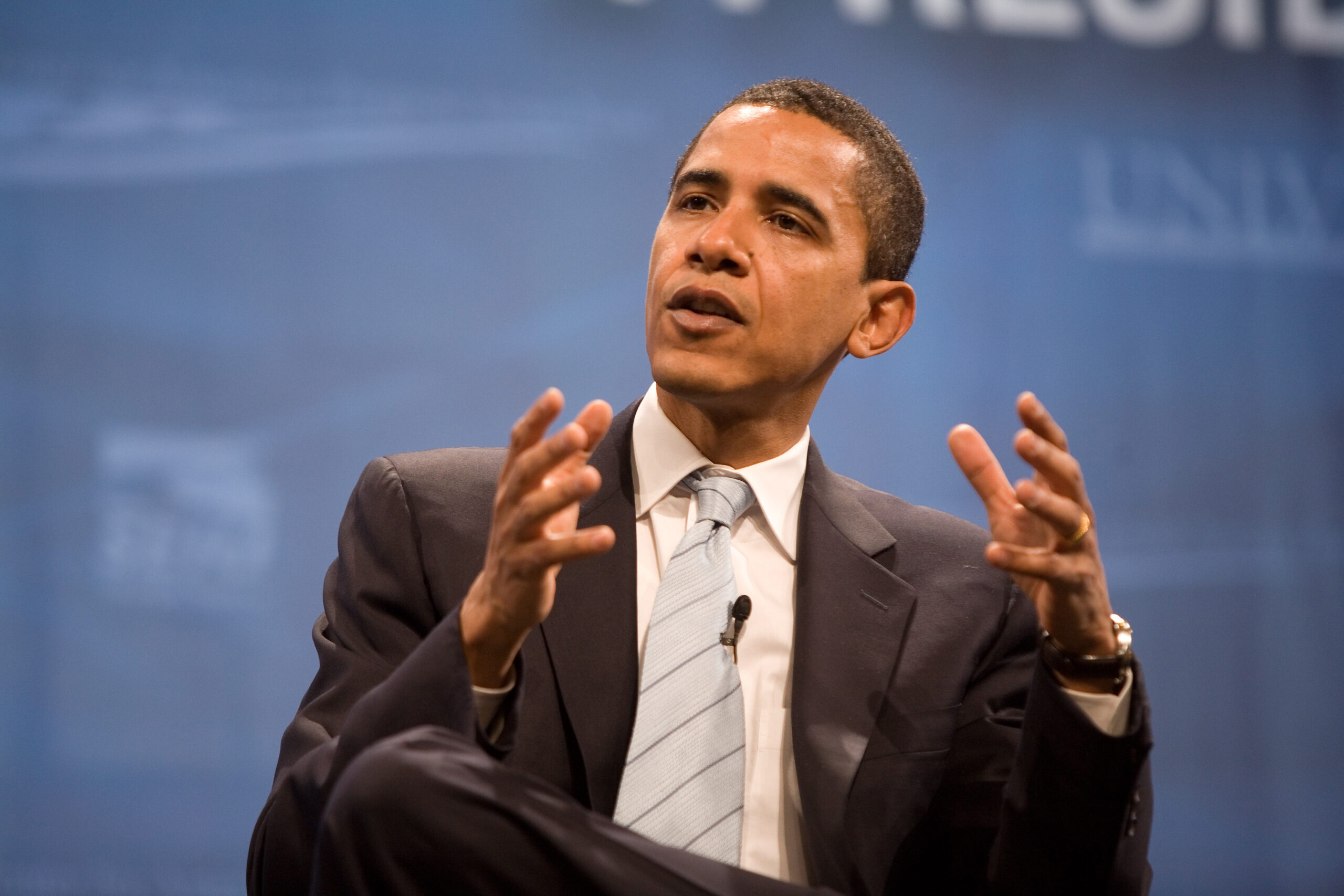Obama’s Influence Declines After Election Loss
Obama’s Political Influence Declines After Electoral Defeat
Barack Obama, the former President, played a crucial role in supporting Kamala Harris throughout her 2024 presidential bid, encouraging voters to focus on the character and integrity of candidates rather than solely their policies. However, the results of the election painted a different picture. Donald Trump emerged victorious with a commanding Electoral College win of 312 to 226, sending a clear message from the electorate.
Trump’s win was solidified by securing the popular vote, making him the first Republican since George W. Bush in 2004 to win the popular vote by nearly three million votes. This overwhelming victory dealt a significant blow to the Democratic Party and, by extension, to Obama’s political legacy, which had been a dominant force in the party since his time in office.
The Shifting Landscape of Leadership
For years, Obama’s influence had been the guiding compass for the Democratic Party, shaping policies, electoral strategies, and the direction of the nation. Yet, the results of the 2024 election exposed vulnerabilities within the party’s foundation. With Republicans now holding control of both the White House and Congress, the Democrats are in a challenging position, unable to have a significant impact in Washington, D.C., at least until the 2026 midterms.
This loss has prompted the party to reexamine its leadership and future direction. A growing number of Democratic members, once confident in Obama’s strategies and influence, are now questioning whether clinging to past leadership is hindering the party’s ability to evolve with changing political dynamics.
Calls for a New Approach
Trump’s decisive victory in 2024 has sparked discussions within the Democratic Party about the need for new leadership. Many believe the tactics and strategies of the last decade have failed to resonate with voters in crucial swing states. There is increasing pressure for a complete overhaul, with calls for Democratic leaders to step away from old guard figures and to find new voices to take the party forward. Speculation about potential 2028 candidates is gaining momentum, as the party grapples with how to redefine its message to compete against a Republican Party increasingly shaped by Trump’s influence.
A Fresh Vision for the Future
In response to the election results, several Democratic governors have formed a coalition called Governors Safeguarding Democracy. This group, composed of emerging leaders within the party, is focused on countering Trump’s influence and positioning itself as a viable opposition in the upcoming election cycles. Many of these governors are seen as potential frontrunners for the Democratic nomination in 2028, offering a vision of the future while distancing themselves from the leadership of the past.
Jeh Johnson, former Homeland Security Secretary, has spoken out about the need for the Democratic Party to embrace innovation rather than nostalgia. He has emphasized that victory cannot simply be won by looking backward to past successes, but by creating a new vision for the future. This sentiment is shared by many within the party, who recognize that the next generation of leadership must rise to reclaim the White House and restore the party’s political influence.
Looking Ahead
The Democratic Party now stands at a crossroads. With Obama’s once-dominant influence waning in the aftermath of Harris’s defeat, the party faces a choice: continue with the same strategies or embrace bold new directions. As political tides shift, Democrats must connect with voters who felt disconnected from their message in 2024. This may require embracing more centrist policies, refining outreach, or selecting new leadership.
As the 2026 midterms approach and the 2028 presidential race looms, the Democratic Party will need to rebuild its foundation to challenge the Republican Party’s dominance. The next few years will determine whether the Democrats can adapt and regain their influence or if Trump’s victory will permanently alter the political landscape.
